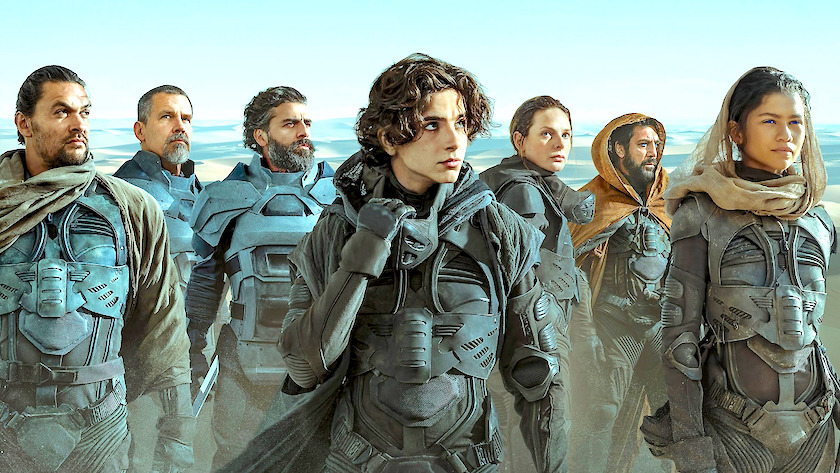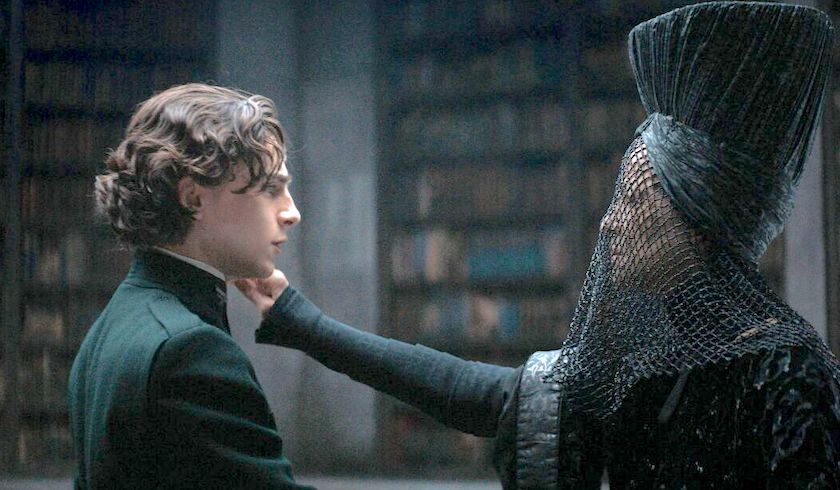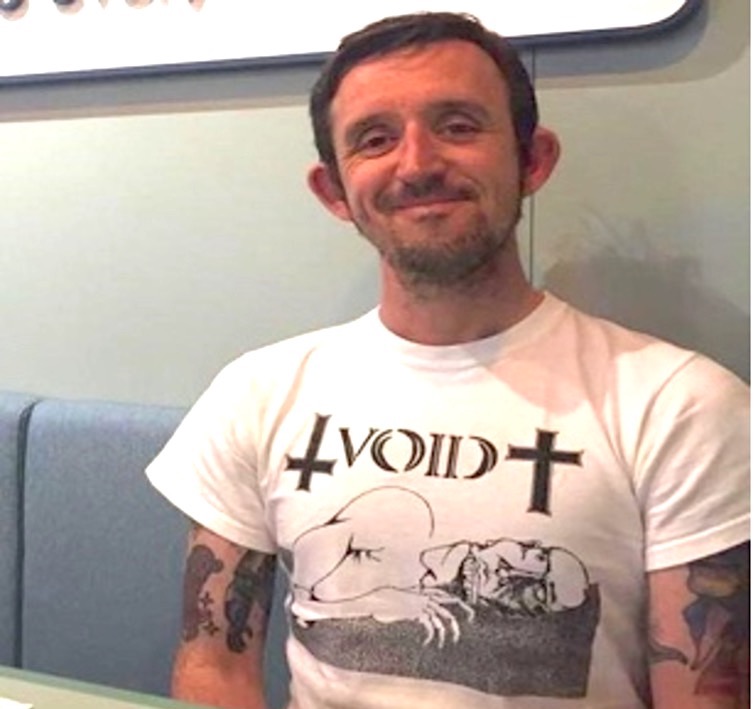
Frank Herbert’s 1965 novel Dune is a science fiction classic with an influence that has long been felt throughout the genre and beyond. Fresh off the back of his own sci-fi masterpiece, the sublime Blade Runner 2049 (my review for that film HERE), filmmaker Denis Villeneuve has proved to be the perfect choice to adapt it.
House Atreides, a powerful ruling house in the Imperium, is ordered by Emperor Shaddam IV to leave their homeworld of Caladan, and relocate to the desert planet Arrakis, otherwise known as Dune. The Atreides are to oversee the production of spice, the most valuable substance in the universe. The spice enables Guild Navigators to find a path through the stars and is thus, the key to space travel.
Arrakis’ population centres cover only a small portion of the surface, with the majority of the planet a deep, inhospitable desert occupied only by the indigenous Fremen and the mighty leviathan sandworms.
House Atreides inherits the stewardship of Arrakis from their sworn enemies, the brutal and merciless House Harkonnen. Led by the megalomaniacal Baron Vladimir Harkonnen (Stellan SkarsgÃ¥rd), they have overseen spice production with an iron fist, brutalizing the local population. The Atreides – led by Duke Leto (Oscar Isaac), Lady Jessica (Rebecca Ferguson), and their son Paul (Timothée Chalamet) – travel to the desert world seeking an alliance with the Fremen, and to avoid the multitude of Harkonnen traps they expect to encounter.
There is, of course, far more to Dune‘s plot than mere travelogue and duplicity. But like Peter Jackson’s Lord of the Rings trilogy, Villeneuve has expertly navigated the pitfalls of adapting a successful book with dense mythology. He has everything perfectly calibrated to satisfy fans of the novel, while simultaneously making it accessible to the newcomer.
Frank Herbert’s world-building is an impressive achievement, but Villeneuve’s movie can show us this universe in far subtler ways. So while Dune‘s focus is the story, it still allows Villeneuve to ply fans with glorious book detail – from the glowglobes, to the Cone of Silence, to the beautiful Ornithopters, he adheres to the writing maxim of ‘show, not tell’, so we never get bogged down in claggy exposition.

Take the Litany Against Fear, for example, a mantra recited by the Bene Gesserit to overcome crippling terror – used often and with explanation in the novel. Villeneuve’s movie simply puts it to use and we understand everything from context.
Dune is also an incredible visual experience. The opening scenes of a sand storm-ravaged Arrakis, colossal insect-like vessels taking shape in the gloom; the sleek sophisticated tech design; the vast, cylindrical Guild transports; glittering sand laced with coppery spice powder; the sheer magnitude of the sandworms (Shai-Hulud). It is all a sight to behold.
Timothée Chalamet is perfectly cast as Paul Atreides. There is a weirdly distant quality to Paul that he gets just right. A character defined by his birthright, Chalamet blends Paul’s burgeoning confidence and youthful naivete, as he realises he may be set on another path, and that he might be the legendary Kwisatz Haderach.
The rest of the cast is excellent, particularly Jason Momoa – who is almost the polar opposite of my idea of Duncan Idaho from the book, but had me convinced within seconds. While Rebecca Ferguson’s Jessica and Josh Brolin‘s Gurney Halleck feel like they stepped right off the page.
Dune is a dense and intricate novel full of inspired thinking and plentiful imagination. While there is a strong overarching eco-consciousness, it also wrestles with a range of other topics, from religion, to politics, to how those in power maintain their control. The ecological aspect is slightly downplayed in the movie, although it’s likely that will be a bigger focus for part two. Likewise, details of the spice and its effects are also left vague, and the Harkonnen menace feels like it could’ve been ramped up a little more. Villeneuve has confirmed some elements have been prudently held over for the second movie, such as the Mentats (human computers), and presumably, the as yet unseen villain, Feyd-Rautha.
As a huge fan of the book, there is almost too much to take in one sitting. No doubt further viewings will reveal an even greater richness and detail in this adaptation. Doing justice to Herbert’s seminal work is no small task, but Denis Villeneuve has achieved it. He has created his own reverent vision of the sci-fi masterpiece, and it deserves to be seen on the biggest screen you can find.











